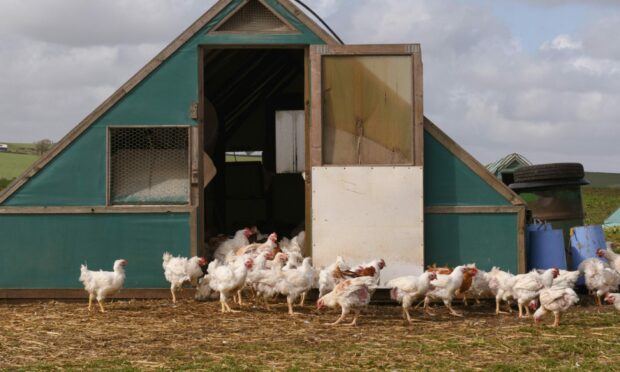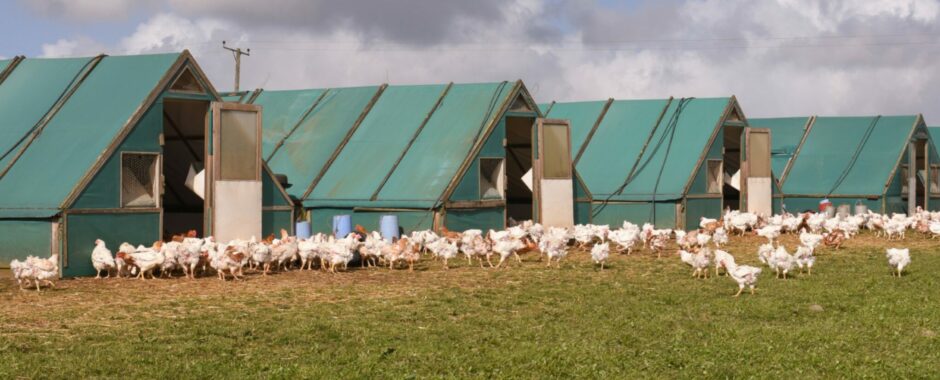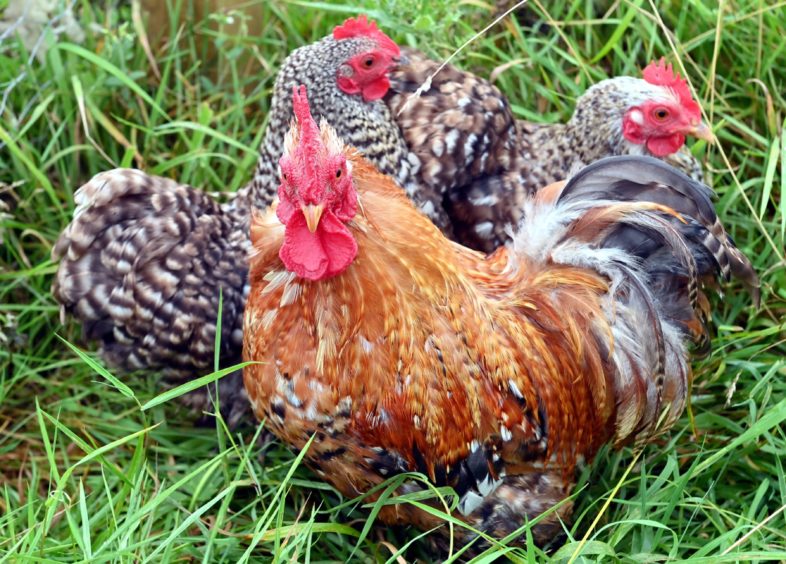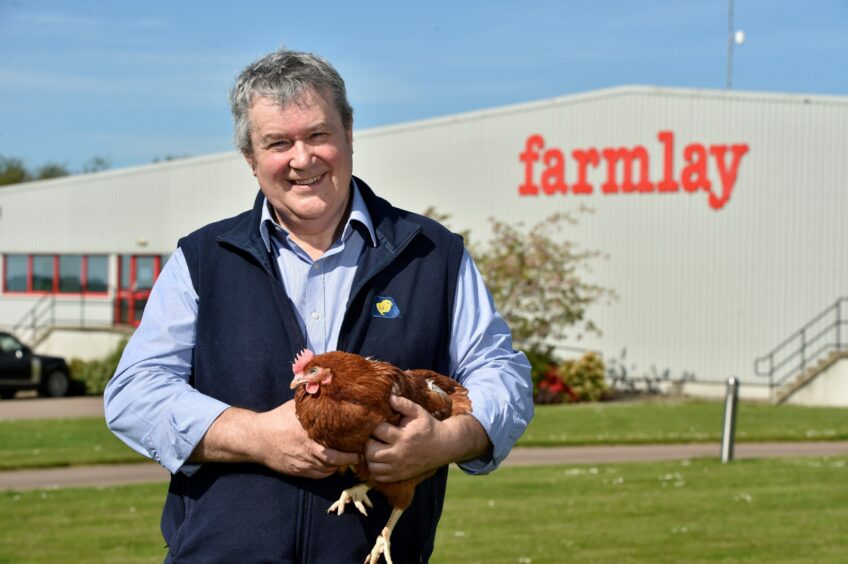Scottish poultry keepers are on high alert after highly pathogenic Avian Influenza (AI) was confirmed in a backyard flock of hens, ducks and guinea fowl near Arbroath.
Farmer Amy Geddes said the speed with which the flock quickly succumbed to the disease showed how devastating an outbreak can be, particularly for commercial poultry keepers.
She added: “To suddenly lose our pet flock was very difficult and heartbreaking, especially for the kids.
“I want to thank the vets and animal health team at Animal and Plant Health Agency (Apha) for the quick and professional manner in which they responded when our own vet contacted them on Monday.
“I would urge any poultry keeper, large or small, to fully comply with biosecurity measures to protect their birds and the wider Scottish poultry industry.
“It is essential everyone remains as vigilant as possible and reports any signs of disease in their birds at the earliest opportunity to their own vet or directly to Apha.”
The surviving birds were culled on welfare grounds and a temporary control zone has been set up around the property, Wester Braikie Farms in Arbroath, but industry concern is now growing over cases in wild birds amid numerous outbreaks in Wales and England.
Strict biosecurity measures were introduced across Great Britain on Wednesday evening, but the Chief Vets for Scotland, England and Wales have stopped short of a housing order that would mean all poultry has to be kept indoors.
NFU Scotland (NFUS) welcomed the move, and the union’s poultry group chairman, Robert Thompson, appealed to everyone in the industry to be vigilant and to report signs of disease at the earliest opportunity.
He said: “Every poultry keeper, whether you have one hen in the back garden or a large poultry business, must take these biosecurity measures seriously and take steps to protect your birds from this devastating disease.
“While housing is not currently a requirement, all poultry keepers must take this opportunity to review their contingency plans should a housing order, similar to that introduced in December 2020, be necessary later this winter.
“Scottish and GB poultry keepers have had to live with the heightened threat of avian influenza at this time of year for several years now, linked to wild and migratory birds.
Robert Chapman, who runs Farmlay, one of Scotland’s biggest egg producers, said the growing incidence of bird flu in the UK followed numerous outbreaks in Europe during the summer.
He added: “The wild birds are starting to migrate now and we are worried that it’s going to be a bad winter here, so everyone is keeping a very close eye on the situation.”
However, like many in the industry, Mr Chapman is reluctant to lock up his free range flocks too soon.
This is because not only is it stressful for the birds, but the eggs produced by housed hens can only be marketed as free range for 16 weeks.
“After 16 weeks they have to be labelled as barn eggs, and in the past we have put stickers on the packaging making that clear, but most producers have switched to inkjet printing on packs so it makes it harder to comply.”



